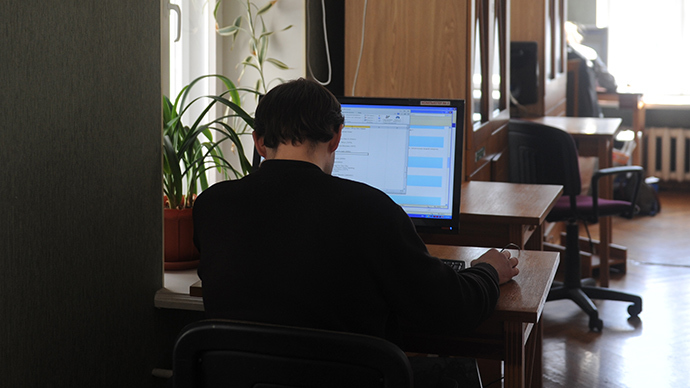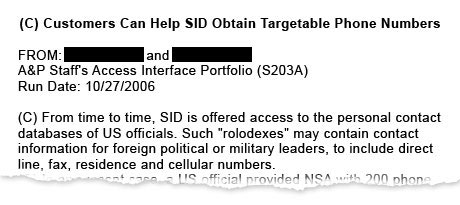Public Diplomacy
In a week of tragic accidents, the WikiLeaks story may be the toughest one to bear, horrifying both for what it showed about the current state of war and what it says about the current state of our media environment. As most know, thanks to the whistle blowers at WikiLeaks, U.S. military video footage, purloined or leaked, showed up on the Internet last week, and revealed in chilling detail a U.S. helicopter attack in Baghdad in 2007 that shot at and killed two Reuters journalists. No matter that the video and audio transcript show that the American gunners thought the journalists were combatants carrying AK-47s. A careful view of the footage shows that the weapons carried were cameras with wide-angle lenses. The grisly and gruesome bottom line records two more innocent victims in a nearly senseless war.
Some bloggers and commentators have criticized WikiLeaks for editing the 39 minutes of the engagement down into a much shorter 17 minute version that was then entitled Collateral Murder. Left out of the shorter version were nearby movements of armed individuals. Others take the Pentagon to task for failing to grant Reuters request that the tape be released to them under the Freedom of Information Act (FOIA) in the first place. (Reuters itself has been tentative at times in describing the version of events it received from the Pentagon. One wonders why.)
Even given this fog of war and perception, some lessons emerge.
What we are witnessing, besides a lapse in judgment by young servicemen in charge of elaborate and deadly mobile weaponry, is a profound misunderstanding by senior military of the rules of accountability, not engagement. When mistakes occur with deadly weapons, the public and its representatives (in both countries!) have a right to know exactly what happened. That was the purpose of the U.S. FOIA when Congress voted it into law after Watergate. Never again could the government keep information under wraps just because it was convenient to do so. Unless there was a national security or legal reason to keep information secret, the government was supposed to make it available.
As difficult as it is to admit mistakes and wartime mistakes are the most consequential of all the effort to cover them up almost always turns out badly. Look at Abu Ghraib, or Pat Tillman. Because such wounds to the militarys reputation can only be healed by exposure to daylight, the way forward is to reveal them. And, since such problems get revealed sooner or later, those in authority almost always find themselves not just defending their original behavior, but their subsequent efforts to cover it up or bury it in the bureaucracy. Just ask the Vatican.
The news for the media is also quite distressing. The victims of this attack, in a country where journalism is the deadliest of professions, were Iraqi citizens. There was nothing virtual about their form of journalism, the kind that is all too rarely practiced by the remaining news gathering organizations here in the U.S. They were on the ground, collecting facts, not opinions.
I had the privilege last week to meet with a visiting group of Iraqi editors and correspondents as the Wikileaks story broke. At least one of them knew the victims of the helicopter attack. For these Iraqis, the discussion of whether this constituted a war crime was slightly academic. It was a scandal, one said. When our discussion turned to what they had observed in the United States, one Iraqi remarked on the lack of international news on most U.S. news channels. Like other groups of media and young professionals Ive met with who were visiting the U.S. as guests of the State Department, these Iraqi journalists were struck by how scant CNNs international news coverage was for American viewers compared to the CNN International programming they viewed via satellite back home. I told them, without much enthusiasm, that more people had viewed the activist WikiLeaks footage than had seen the CNN prime time newscast the previous night. I noted the august list of American news organizations that were listed as Wikileaks legal supporters (Associated Press, Hearst, Gannett, Scripps, ASNE, etc.). Ironically, some of these very news groups have cut back on their foreign reporting in recent years.
Journalists, at their best, provide insight through first hand reporting. Until shown otherwise, I will accept that the two Reuters staffers were just doing their job when they became targets of misdirected weaponry. Still, is it not odd and disturbing that this story comes to us not via any news medium, not via any first-hand messengers? Might it be that, here too, we have gotten in media precisely what we have asked for drama first, dispassionate content a distant second?
More here:
Don't Shoot the Messenger!


